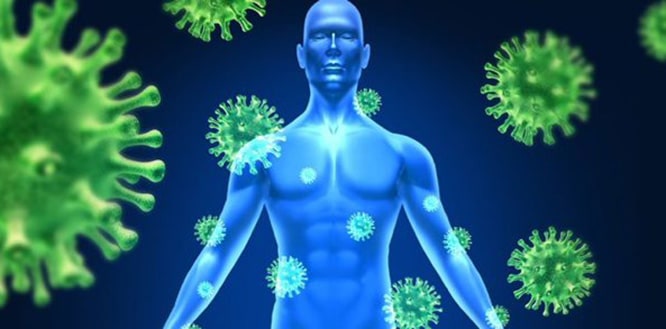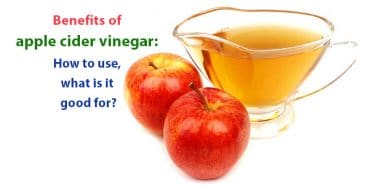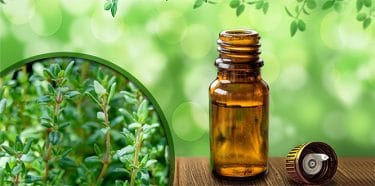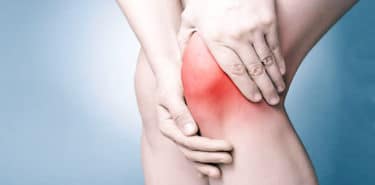Immune system is very important key against coronavirus? No effective treatment has yet been found against coronavirus. Therefore, boosting immune system is extremely important to prevent this disease. The coronavirus outbreak still prevails all over the world. As there is no vaccine, it is necessary to consider protection methods. Herein, personal hygiene and basic protection measures are extremely important. On the other hand, studies show that it is also important to strengthen the immune system. So what should be done to boost the immune system against the coronavirus (Covid-19)? It is important to live a healthy life as well as eating properly. In this article, we will try to give information about scientifically proven methods to strengthen the immune system against the coronavirus.
Table of Contents
How to boost the immune system?
The immune system is the basic protection system of the body against viruses, bacteria, and pathogens causing disease. It also helps body survive. It consists of cell and tissue connections, and when a harmful matter is detected in body, it counterattacks and destroys it. This is called the immune response.
It is extremely important to have a strong immune system for a healthy life. However, it is necessary to consider it in many dimensions. For example, quitting smoking or eating healthy is not enough alone; therefore, it requires a holistic approach. In this respect, some basic lifestyle changes are critical for a healthy life and protection of coronavirus.
Boosting the immune system against the coronavirus
Quit smoking
Smoking significantly weakens the immune system. If you smoke, you are much more susceptible to infections and serious complications. Moreover, those smoking are much more under the risk of respiratory infections such as pulmonary and chest infections. (1)
Although there is no sufficient evidence, patients with the coronavirus who are smokers and have cigarette-related diseases (lung cancer, heart disease, etc.) are considered to experience more severe complications than others.
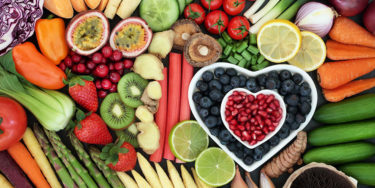
Sleep well
Sleeping is critical not only to strengthen the immune system, but also for your general state of health. In a study, it was found that patients with insomnia acquired less immunity to influenza vaccine. In another study on twins, there was a change in the genes related the immune system of the twin not sleeping well compared to the other. (2,3)
Do exercise
Studies show that doing exercise reduces the risk of becoming infected. However, high-intensity exercises may weaken the immune system. Try to do exercise regularly every day as we have to stay home isolated due to the coronavirus. In this regard, low-intensity exercises like pilates, yoga or stationary bicycle should be preferred. (4)
Stay away from stress
Acute stress can temporarily increase the immune function; however, chronic stress has the opposite effect. Due to continuous stress experienced, cortisol levels may increase in the body, which negatively affects the immune system. Firstly, stay away from activities you consider source of anxiety. It may be social media or stock market tracking.
Although the increasin number of the coronavirus cases cause worry, its continuity may significantly weaken the immune system.
You may prefer activities that you can do at home, such as meditation or mindfulness exercises to lower the stress level. You can also spend time doing different activities (cooking, reading, listening to music, etc.) which you enjoy.
Do not drink alcohol much
During stress, alcohol consumption may increase in some people. However, studies showed that excessive and continuous alcohol consumption increased the risk of developing an infection. Moreover, an increased risk of acute respiratory distress syndrome (ARDS) was observed in patients with the coronavirus consuming excessive amount of alcohol. ARDS is the pulmonary complication leading to most coronavirus-related deaths. (5)
Nutritional recommendations against coronavirus
Vitamin A
Vitamin A protects the skin, respiratory tract and intestinal epithelium which are the first line of defense mechanism of the body against viruses, bacteria, and other pathogens. We need vitamin A to produce antibodies to neutralize the pathogens causing infections.
Vitamin A can be taken as a supplement. However, oily fish, egg yolk, cheese, tofu, hazelnut, whole grains and fabaceae are also natural sources of vitamin A. The body can also convert beta-carotene into vitamin A. You can consume green-leafy vegetables and vegetables containing beta-carotene such as carrots or zucchini to enable the conversion into vitamin A. (6)
Vitamin B
Vitamin B (especially B6, B9, and B12) contribute to the immune response when your body encounters a pathogen. They contribute to the process by enhancing the production and activity of “natural killer” cells preventing infected cells. Complex vitamin B can be taken as a supplement.
Natural source of vitamin B:
- Vitamin B6: Grains, fabaceae, green-leafy vegetables, fruits, hazelnut, tuna fish, salmon, potato, chicken, beef liver and meat
- Vitamin B9 (folic acid): Meat, fish, liver, kidney, whole grain, citrus fruits, green-leafy vegetables, fabaceae, and hazelnut
- Vitamin B12: It is included in foods such as egg, meat, salmon, milk, cheese, shellfish, liver, kidney.
Vitamin C
While your body fights an infection, oxidative stress occurs. The production of free radicals, which can penetrate through the cell wall and lead to infiltration of infection into the tissues and exacerbate inflammation, increases in the body. Vitamin C provides protection against the oxidative stress.
It is unclear whether taking vitamin C naturally or as a supplement is beneficial against the coronavirus. However, it causes no harm to take an amount on Vitamin C below 2,000 mg daily. Orange, grapefruit, lemon, strawberry, kiwi, broccoli, tomato and red pepper are natural sources of vitamin C.
Vitamin D
Some of the immune cells require vitamin D to eliminate infection-causing pathogens. People with vitamin D deficiency may need to take supplements. However, excessive intake of supplements does not provide any special benefit.
If you have vitamin D deficiency and are in the group at risk for the coronavirus, it may be very beneficial to take 2000 DU daily.
Moreover, as we can not leave the house due to social distancing, it may help take vitamin D at the amount your body needs while sunbathing around 15 min. on the balcony of your house if it is possible. You can also buy products enriched in vitamin D, which you can find in the markets.
Zinc
Zinc is a mineral boosting the response of white blood cells to infection. If you have zinc deficiency, you are at higher risk to get cold, flu, and other viruses. The protective action of zinc against the coronavirus (COVID-19) is not known well yet. However, it may be necessary for those under the risk of infection and the elderly to take supplements. Recommended dose is max 40 mg daily.
Natural sources of zinc:
Variety of red meat, seafood, chicken, egg, spinach, mushroom, okra, peas, green lentils, asparagus, almonds, peanut, sunflower seeds, pistachio and cashews are natural sources of zinc.
Spirulina
Spirulina is a type of seaweed used as a nutritional supplement. It is blue-green algae. As it is considered one the most nutritious foods in the world, the NASA successfully used it as a nutritional supplement for astronauts on a space mission.
In the latest study published in Progress in Cardiovascular Diseases journal, it was found that it was significantly effective in a group RNA viruses, which cause serious diseases such as SARS, sniffles, flu, hepatitis C, ebola, polio or measles. The coronavirus is alson in the group of RNA viruses; however, further studies are required for its effects on COVID-19.
Foods that weaken the immune system
We should also be careful about harmful foods which weaken the immune system, while taking recommendations to strengthen the immune system into consideration.
The foods that we should particularly avoid these days when we need to strengthen the immune system are as follows:
- Fastfoods
- Alcohol
- Caffeine
- Fruits and vegetables loaded with pesticide
- Diet bevareges (include aspartam, saccharine, and sucralose)
- MSG (M glutamad): A kind of additive added to fastfoods to give some flavor
- Sweet snacks
- Products containing gluten
- Refined oil

